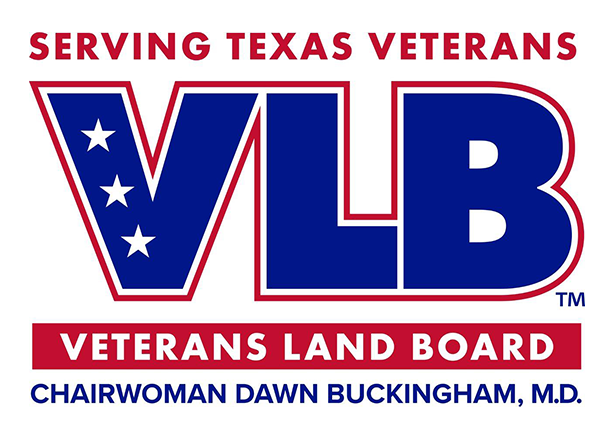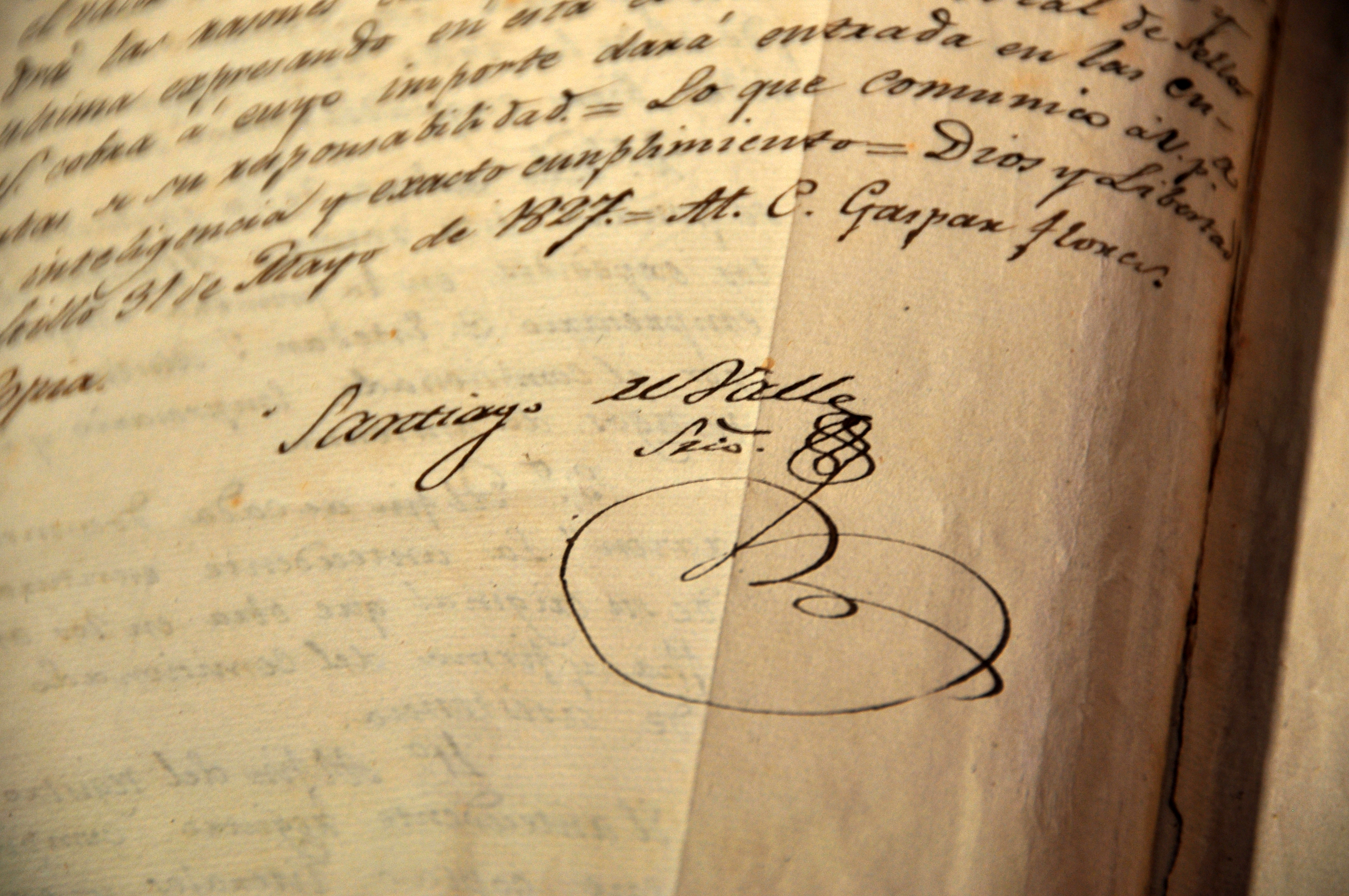Funds to improve sewer and drainage infrastructure approved for the city of New Waverly
Today Texas Land Commissioner George P. Bush, County Judge Danny Pierce, and Mayor Nathaniel James announced the Texas General Land Office (GLO) approved more than $6.6 million in flood mitigation projects to improve sewer and drainage infrastructure in Walker County’s city of New Waverly. These infrastructure projects will directly benefit residents in a majority low-to-moderate income (LMI) area that faced repetitive storm damage in 2015, 2016, and in 2017 with Hurricane Harvey.
“Far too many communities across Texas are in dire need of infrastructure improvement such as drainage and sewer system improvements,” said Commissioner Bush. “Projects like this one in New Waverly ensure our state’s resilience to future natural disasters. This is historic funding will help fortify Texas homes, businesses and critical infrastructure in preparation for future events, and the GLO is proud to help address this tremendous need.”
“Walker County is honored to have been selected as a recipient of this much needed grant to improve the wastewater needs of our growing New Waverly community,” said Walker County Judge Danny Pierce. “We are thankful for the resources made available to meet the needs of our residents.”
In May 2020, Commissioner George P. Bush announced the kick-off of the application process for the first round of more than $2.3 billion in Community Development Block Grant Mitigation (CDBG-MIT) funds from the U.S. Department of Housing and Urban Development (HUD) to protect Texas communities hit by Hurricane Harvey and severe flooding in 2015 and 2016. During the first round, the GLO conducted three competitive application programs from the CDBG-MIT Action Plan. Those programs include:
- 2015 Floods State Mitigation Competition – GLO awarded $31,426,781 to four grantees.
- 2016 Floods State Mitigation Competition – GLO awarded 21 grantees with $135,462,438.
- Hurricane Harvey State Mitigation Competition Round 1 ($1 billion of $2,144,776,720 total).
Applications closed for the first round of funding October 28, 2020, and the GLO evaluated all 290 submitted applications in accordance with the HUD approved scoring criteria. Eligible applications with the highest scores were awarded funds. The second round of the competition will award the remaining $1,144,776,720 in mitigation funding to Hurricane Harvey eligible entities.
HUD defines mitigation as activities that increase resilience to disasters and reduce or eliminate the long-term risk of loss of life, injury, damage to and loss of property, and suffering and hardship, by lessening the impact of future disasters. HUD requires that at least 50% of total funds must be used for activities benefiting low- to moderate-income (LMI) persons.
The State of Texas CDBG Mitigation Action Plan: Building Stronger for a Resilient Future outlines the use of funds, programs, eligible applicants, and eligibility criteria as required by HUD. The plan was sent to HUD on February 3, 2020, after an extraordinary public outreach effort including a 50-day public comment period and eight regional public hearings, far-surpassing HUD requirements. HUD approved the plan March 31, 2020. For more information, please visit recovery.texas.gov/mitigation.
City of New Waverly: Sewer System Improvements Project - $6,601,843
LMI Percentage: 65.54
The city of New Waverly’s sewer system improvements project will mitigate severe, repetitive flooding and sewer issues resulting from hurricanes, tropical storms, tropical depressions and riverine flooding events. The improvements include:
- Decommissioning of the city’s east-side wastewater treatment plant, which is located in the 100-year floodplain, and expanding the west-side wastewater treatment plant to handle all of the city’s sewer needs.
- Construct a new gravity sewer line and a force main.
The overall emphasis of the project will be to ensure the resilience to future natural disasters. The enhanced functionality of the system will ensure the long-term protection of life, property, and alleviate or lessen the potential for injury and suffering of the city.








